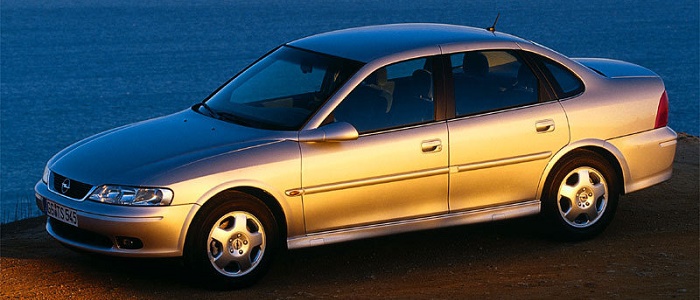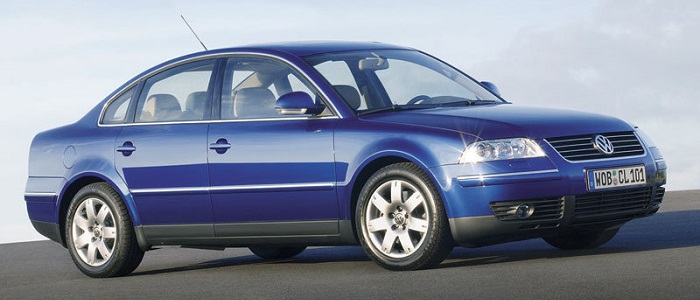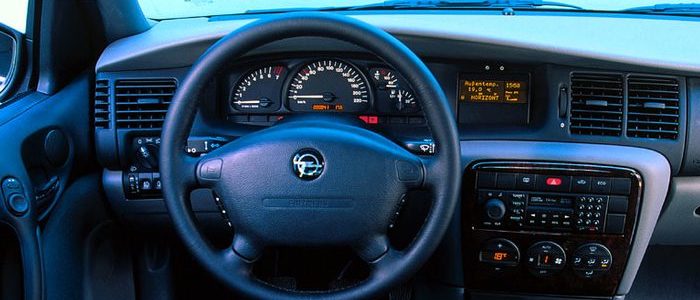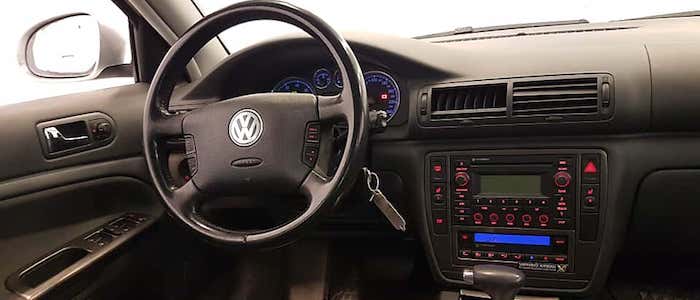Compare two cars
Compare any two cars and get our Virtual Adviser™ opinion
Dimensons & Outlines
Check vehicle history
Engine
2.6 Y26SE
Performance (manual gearbox)
Performance (automatic gearbox)
Expenses
Virtual Adviser's™ opinion
Two significantly similar cars, no doubt about that. Still, each one has something different to offer. Having both cars powered by petrol engines and utilizing the 4-door sedan body style within the same 'Large family car' segment, the only major difference here really is their wheel drive configuration (front for the Opel and 4 x 4 in the case of the Volkswagen). The first one has a Opel-engineered powertrain under the hood, a 6-cylinder, 24-valves 170hp unit, while the other one gets its power and torque from a 6-cylinder, 30-valves 193hp engine designed by Volkswagen.
SafetyThe first thing to look into here would be the results from European New Car Assessment Programme (Euro NCAP) tests performed on the two cars. Good thing is that both vehicles got tested, with the Volkswagen being a slightly better choice apparently. That aside, let's consider some other aspects which affect safety. Both vehicles belong to the large family car segment, which is generally a good thing safety-wise, still it doesn't help us solve our dilemma, does it? On the other hand, taking kerb weight as an important factor into account, Passat offers a considerable difference of 16% more metal.
ReliabilityReliability is not the best thing to consider on the make level, but it is worth mentioning that both brands display similar results in faults and breakdowns, when all the models are taken into account. These are the results of an independent reasearch, while our visitors describe reliability of Opel, as well as Volkswagen, with the same average rating of 4.2 out of 5. Independent research findings rank Vectra as average reliability-wise, and Passat is more or less at the same level.We should definitely mention that owners of cars with the same powertrain as Vectra rank it on average as 3.0, while the one under the competitor's bonnet gets 4.9 out of 5.
Performance & Fuel economyVolkswagen is a bit more agile, reaching 100km/h in 0.7 seconds less than its competitor. In addition to that it accelerates all the way to 238 kilometers per hour, 8km/h more than the other car. When it comes to fuel economy the winner has to be Vectra, averaging around 9.8 liters of fuel per 100 kilometers (29 mpg), in combined cycle. We can't ignore that 9% difference compared to Passat.
Verdict
Volkswagen appears just a bit more reliable, although the difference is truly marginal. The most important thing when deciding between any two vehicles should always be safety, both passive and active. In my opinion, everything taken into account, Passat beats the other contender by far, making it the best choice without even considering other things. It all continues in the same direction, with Volkswagen being considerably quicker, thus putting more smile on driver's face. It does come at a cost though, and that's the fuel consumption... I believe that, when we take all into account, we have only one winner here - the Volkswagen. Anyway, that's the most objective conclusion I could've came up with and it's based solely on the information found on this website. Aspects such as design, practicality, brand value and driving experience are there for you to measure them out. In case you have two minutes to spare I invite you to define your needs, desires and budget and see which car would be chosen by the virtual adviser™, out of 12.000+ vehicles we currently have in our database.
































